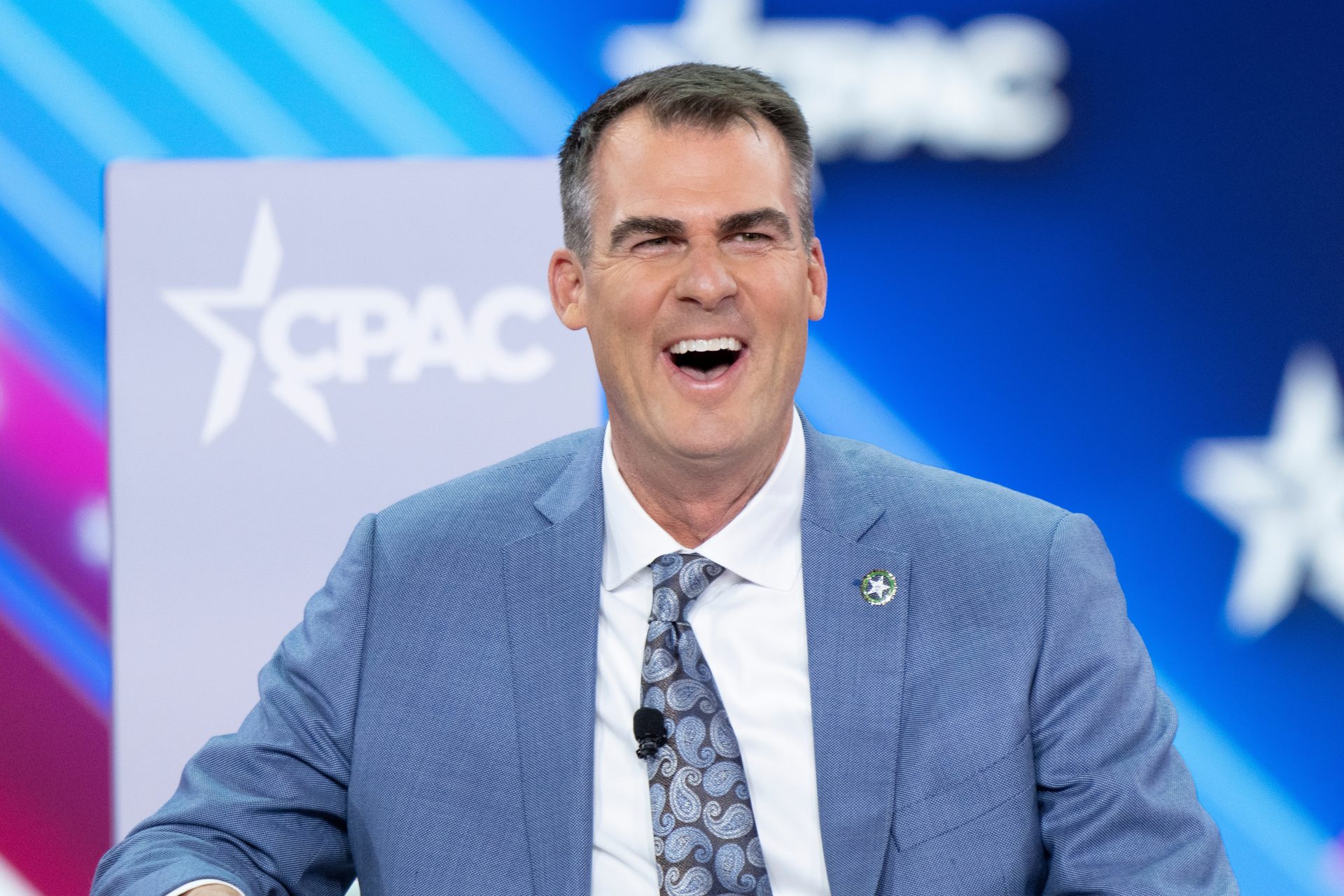
Veto SHAKES UP Rural Health Fight!
Governor Kevin Stitt of Oklahoma vetoed a healthcare bill pitched as rural aid, exposing a deeper battle over federal drug discounts and healthcare profiteering.
Oklahoma’s HB 2048 sought to limit restrictions on pharmacies contracted by 340B hospitals
Governor Stitt vetoed the bill, citing concerns over market distortion and corporate profiteering
Lawmakers claim the bill protects rural care, but critics call it an Obamacare expansion tool
The 340B drug program has grown 374% since Medicaid expansion under the ACA
Legislators are considering a veto override despite mounting scrutiny
Behind the Veto: Follow the Money
Governor Kevin Stitt’s veto of House Bill 2048 has triggered fierce backlash in the Oklahoma Legislature, where proponents argue the measure was essential for sustaining rural healthcare. The bill aimed to prevent pharmaceutical manufacturers from dictating which contract pharmacies 340B-eligible hospitals could use, framed as a defense of local medical access. But Stitt, and a growing chorus of skeptics, warn it’s a Trojan horse for expanding Obamacare-era entitlements and funneling profits to large hospital systems.
The 340B program, created in 1992, offers steep drug discounts to eligible providers—but doesn’t require them to pass those savings to patients. Since the ACA’s Medicaid expansion in 2013, the program has ballooned 374%, raising concerns that it’s enriching corporate health giants at the expense of taxpayers and small-town clinics.
Lawmakers Lash Out at “Big Pharma”
In a fiery joint statement, State Representative Preston Stinson and Senator Brent Howard slammed the veto as a win for “out-of-state and foreign drug companies” and vowed to push for an override. “Rural Oklahomans lost to Big Pharma,” they declared, accusing pharmaceutical interests of spreading “blatant lies and misinformation” to discredit the bill and its backers.
While Stinson and Howard insist HB 2048 would preserve cancer care and obstetrics in rural areas, critics note the legislation could further entrench a program already rife with profit-seeking abuses. Under 340B, hospitals often pocket the difference between discounted drug acquisition costs and reimbursements—profits that don’t always translate into lower patient costs.
Corporate Subsidy or Safety Net?
At its core, the 340B debate highlights conflicting visions of healthcare delivery. Supporters say it’s a vital mechanism for keeping services afloat in underserved areas. But detractors argue it’s a stealth subsidy for sprawling hospital networks, which increasingly dominate local markets by acquiring smaller providers. The result: less competition, higher prices, and dwindling options for patients—the opposite of what HB 2048’s backers claim to support.
Stitt’s veto signals a desire to rethink rather than expand the current model. Citing the need for federal-level reform, he’s aligned with national lawmakers like Senator Bill Cassidy and Oklahoma’s own Markwayne Mullin, who have called for greater oversight and transparency within 340B. Until then, Stitt appears unwilling to codify what he views as a flawed workaround into state law.
As pressure mounts for a veto override, Oklahoma lawmakers must decide whether HB 2048 truly serves rural patients—or simply preserves a status quo that profits the healthcare-industrial complex more than the communities it purports to protect.